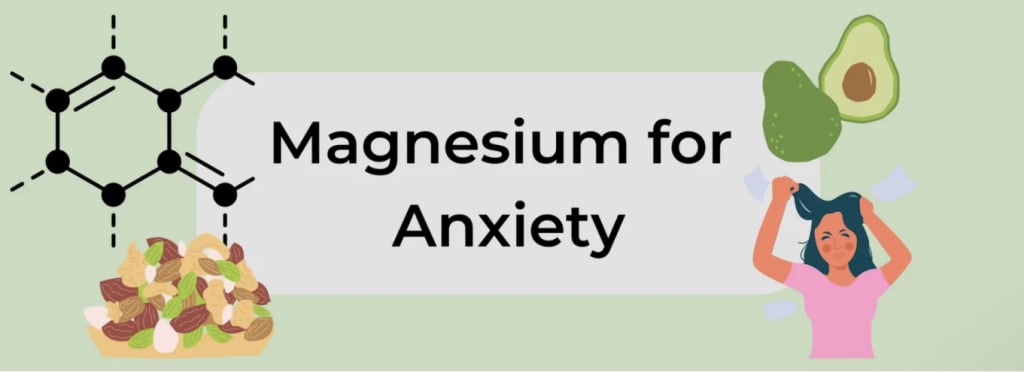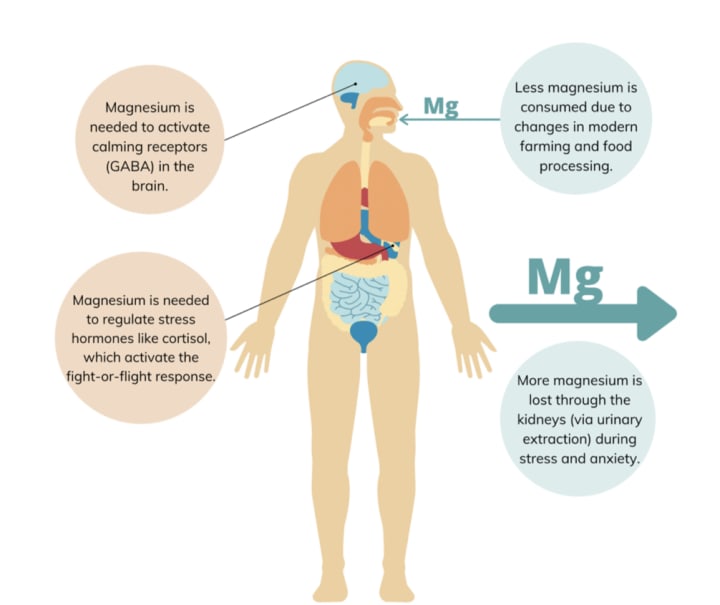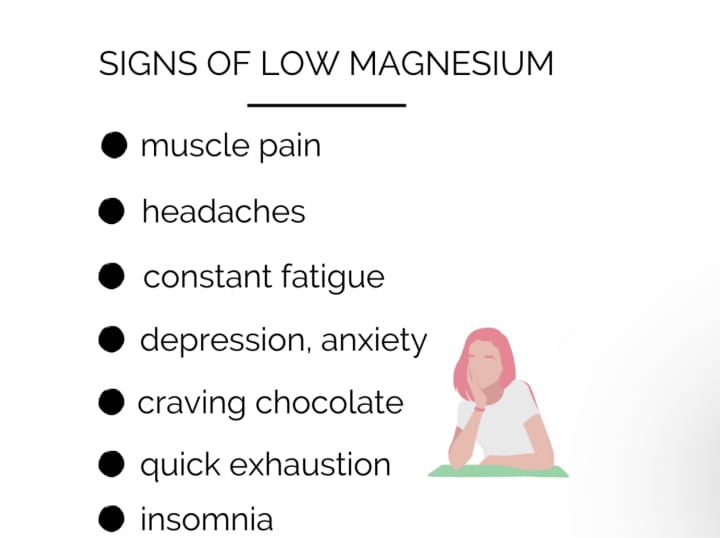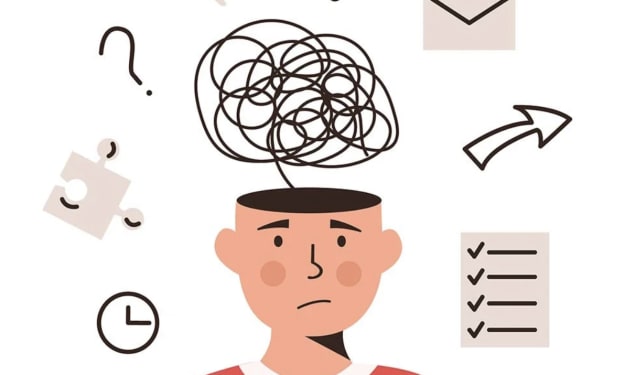Magnesium’s Crucial Role in Mental Health
Magesium for anxiety

Magnesium, an essential mineral, is a powerhouse in over 300 bodily functions. It keeps your heart ticking and your nervous system electrically stable. But that's not all; magnesium also steps in to regulate neurotransmitters like serotonin. Some experts even suspect that low magnesium might be the culprit behind treatment-resistant depression.
Magnesium acts as an NMDA receptor blocker, and this blockage triggers an increase in a vital brain chemical known as BDNF, short for brain-derived neurotrophic factor. BDNF essentially serves as brain cell fertilizer – "neuro" for brain and "trophic" meaning feeding in Greek. This chemical plays a pivotal role in cell regrowth and neuroplasticity. Neuroplasticity, or as I like to call it, "neuro-flexibility," is your brain's ability to enhance nerve connections by replacing damaged ones with fresh ones.

Now, let’s talk about another well-known NMDA blocker: ketamine. This medication earned approval for treating treatment-resistant depression in 2019. Ketamine has hallucinogenic properties, making it an unconventional choice for depression treatment, but it has a lightning-fast impact. By turbocharging BDNF production. Magnesium also lends a helping hand when it comes to anxiety. Well, your amygdala houses those NMDA receptors, the ones responsible for fear conditioning and avoidance behaviors. And avoidance is a big player in keeping those phobias intact.
Blocking NMDA receptors in the amygdala and the limbic system can lower fear responses and anxiety. This happens because it reduces glutamate, a brain chemical that excites cells, while boosting GABA, which calms cell activity. Benzodiazepines and many sleep aids function by enhancing GABA.
Did you know that a whopping 68% of people, which is basically most of us, aren't getting sufficient magnesium, as per the National Institutes of Health? Now, even if you're meeting your magnesium needs, stress and anxiety can drain your magnesium levels. Let me break it down for you. When you're under physical stress, like being sick or anxious, your sympathetic nervous system goes into overdrive. This leads to higher levels of cortisol and adrenaline, which, in turn, cause you to lose more magnesium through your urine. So, during stressful times, even folks with regular magnesium levels might experience a temporary magnesium shortage.

Researchers observed this in college students during their dreaded final exams week. These students had perfectly fine magnesium levels before the exams, but the stress of exams made them magnesium-deficient. Now, consider this scenario: if you experience a temporary stressor, your magnesium levels can bounce back once the stress vanishes. But picture someone grappling with an anxiety disorder or depression; their magnesium levels take a hit and stay low, fueling their ongoing anxiety and depression. It's like a never-ending loop that amplifies itself.
Anxiety can zap your magnesium levels, and in return, low magnesium can contribute to anxiety and depression. So, how much magnesium should you aim for? Men should target 400 to 420 milligrams daily, while women should aim for 310 to 320 milligrams. And guess what? The smartest way to get your vitamins and minerals is from nutrient-packed foods. These are the foods with lots of minerals relative to their calorie content. And speaking of magnesium-rich foods, pumpkin seeds are the MVP here, packing a hefty 156 milligrams in just one ounce. Meanwhile, three ounces of cooked chicken breasts? Well, that's a mere 22 milligrams.

Let's talk supplements, shall we? There are some solid reasons to consider them. They come in handy if you struggle to get enough magnesium from your diet or if you have digestive issues. Plus, as we age, our stomach acid tends to decline, which can affect how much magnesium we absorb. Now, here's the kicker: if you're dealing with depression or anxiety, magnesium supplements could be a game-changer. Why, you ask? Well, having these conditions might mean your magnesium levels are running on the low side. While antidepressants can boost magnesium levels, remember what I mentioned earlier – some folks with persistent depression might find themselves stuck in a rut due to low magnesium levels.
When it comes to magnesium supplements, there's a variety of options on the table. Let me break down some of the popular choices:
1. Magnesium Oxide: This one packs a punch in terms of elemental magnesium concentration, but it's not absorbed all that well, and it might give you the runs. Sometimes, it's paired with calcium to counteract calcium's constipating effects.
2. Magnesium Hydroxide: You might recognize this as "Milk of Magnesia," a well-known laxative. Not your go-to for daily nutritional supplementation unless you fancy daily diarrhea.
3. Magnesium Citrate: This is the MVP of magnesium supplements, well-absorbed and commonly used.
4. Magnesium Diglycinate and Magnesium Aspartate: These are more bioavailable than magnesium oxide but still trail behind magnesium citrate in terms of how much your body actually puts to use.
5. Magnesium L-threonate: Now, this one's touted to be brain-friendly, but it's still in the early stages of research, so we're watching this space.
Indeed, when it comes to magnesium, the most common side effect to watch out for is diarrhea. You'll encounter this more frequently with the oxide and hydroxide forms. But remember, magnesium plays a crucial role in brain health, so finding the right type for you can be worth it.
About the Creator
Marlene Silvio
I am a daughter, mother, friend, and colleague. I enjoy being in nature as it is a refreshing and rejuvenating experience. Psychology is a fascinating field that delves into understanding human behavior and the mind.






Comments (2)
Nice work keep going Awesome
I love magnesium! It’s helpful!